Author: news not in crisis; way journalists are trained is
By Carolyn Schurr Levin
Stony Brook University
In his enlightening and forward thinking book, “Beyond News: The Future of Journalism,” Mitchell Stephens, a professor of journalism at New York University, argues with great conviction that after “more than a century and a half of selling the latest facts, journalists need to sell something else.”
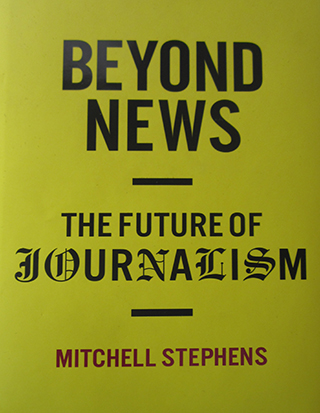 There is “not much of a living in hawking that which is given away free” on the Internet, Stephens continues. Because facts, news and information are pouring out on “our laptops, our tablets, our smart phones,” the era when humankind “hungered after information, after facts, after news,” has ended, Stevens argues. And, so, he concludes, we must now train and allow our best journalists to provide “a wise take on what’s going on,” what he aptly calls “wisdom journalism” – journalism that strengthens our understanding of the world.
There is “not much of a living in hawking that which is given away free” on the Internet, Stephens continues. Because facts, news and information are pouring out on “our laptops, our tablets, our smart phones,” the era when humankind “hungered after information, after facts, after news,” has ended, Stevens argues. And, so, he concludes, we must now train and allow our best journalists to provide “a wise take on what’s going on,” what he aptly calls “wisdom journalism” – journalism that strengthens our understanding of the world.
Stephens forcefully argues that it’s not the news that is in crisis. It’s the way that journalists are trained to collect and present that news.
“Like a lot of ideas,” Stephens said in a recent interview with the College Media Review, the idea of wisdom journalism “challenges something that we take for granted, which is what journalism is and does,” the 19th and 20th century notion that journalists are primarily collectors of facts. He questions “the continued clinging to this notion,” because, he writes, “Newspapers, newsreels, and newscasts . . . rank high among the forces that spurred modernism and postmodernism in the 20th century.” Continue reading “Book Review: ‘Beyond News: The Future of Journalism’”
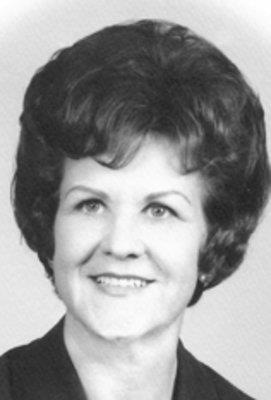
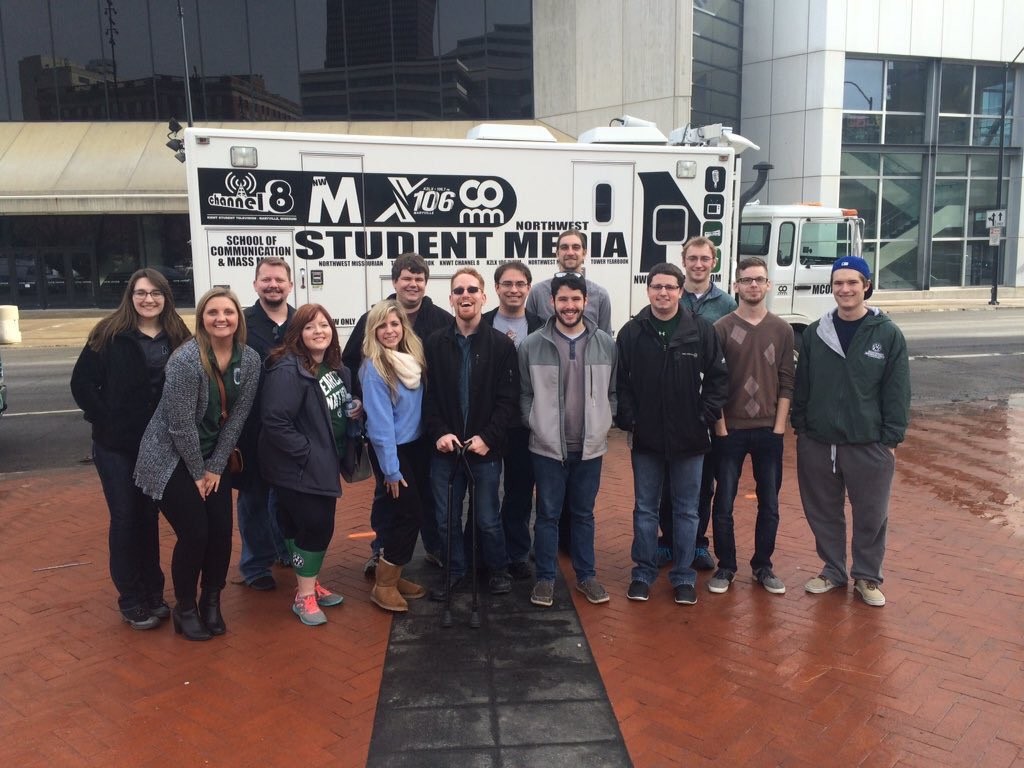
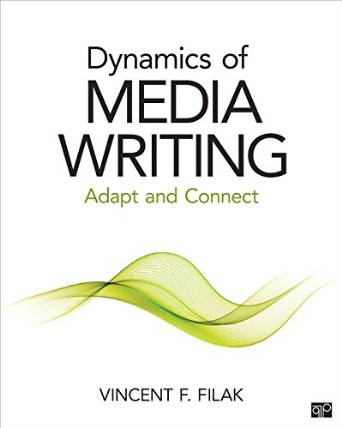 “Why do I need to take a news writing course if I’m studying for a career in marketing?”
“Why do I need to take a news writing course if I’m studying for a career in marketing?”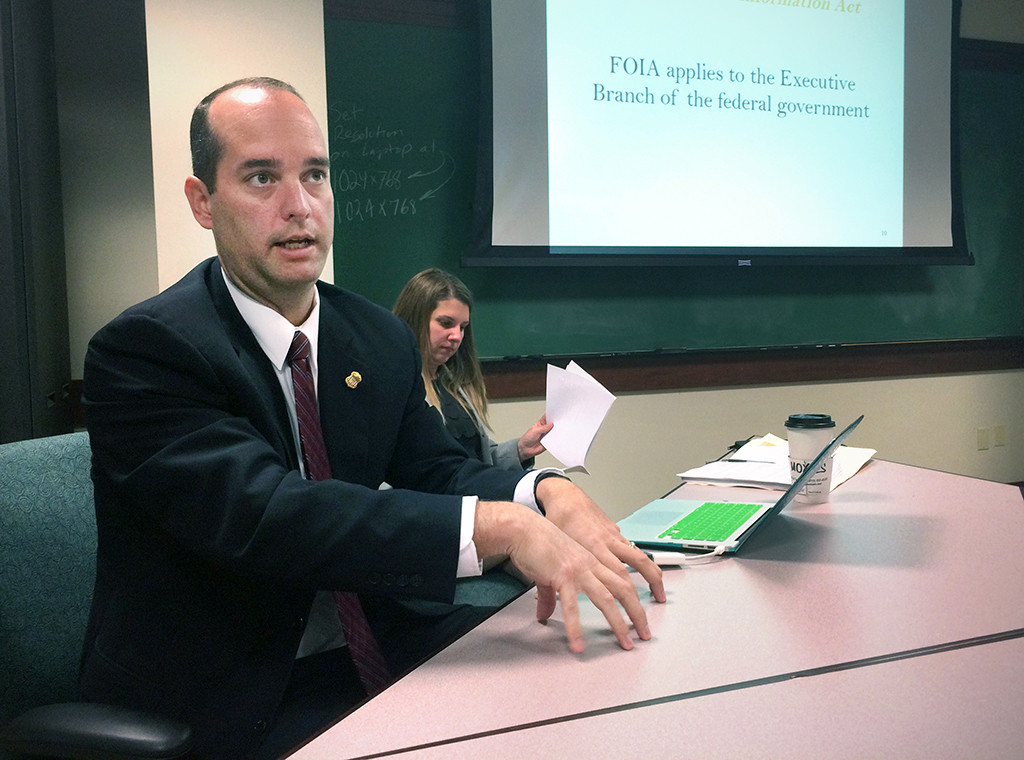
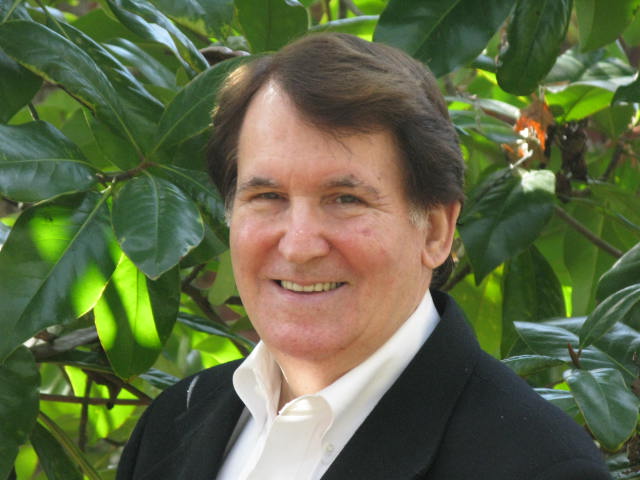 Ron Spielberger — called “Mr. CMA” by many admirers — has died, the College Media Association announced today.
Ron Spielberger — called “Mr. CMA” by many admirers — has died, the College Media Association announced today.
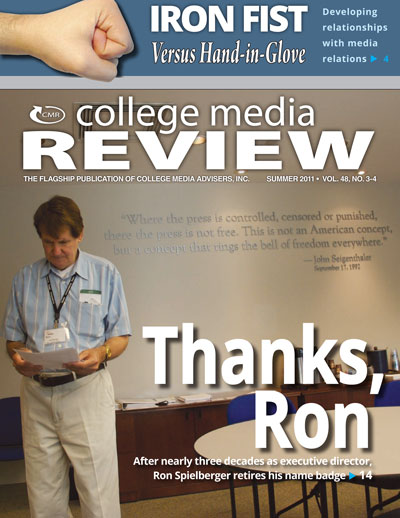
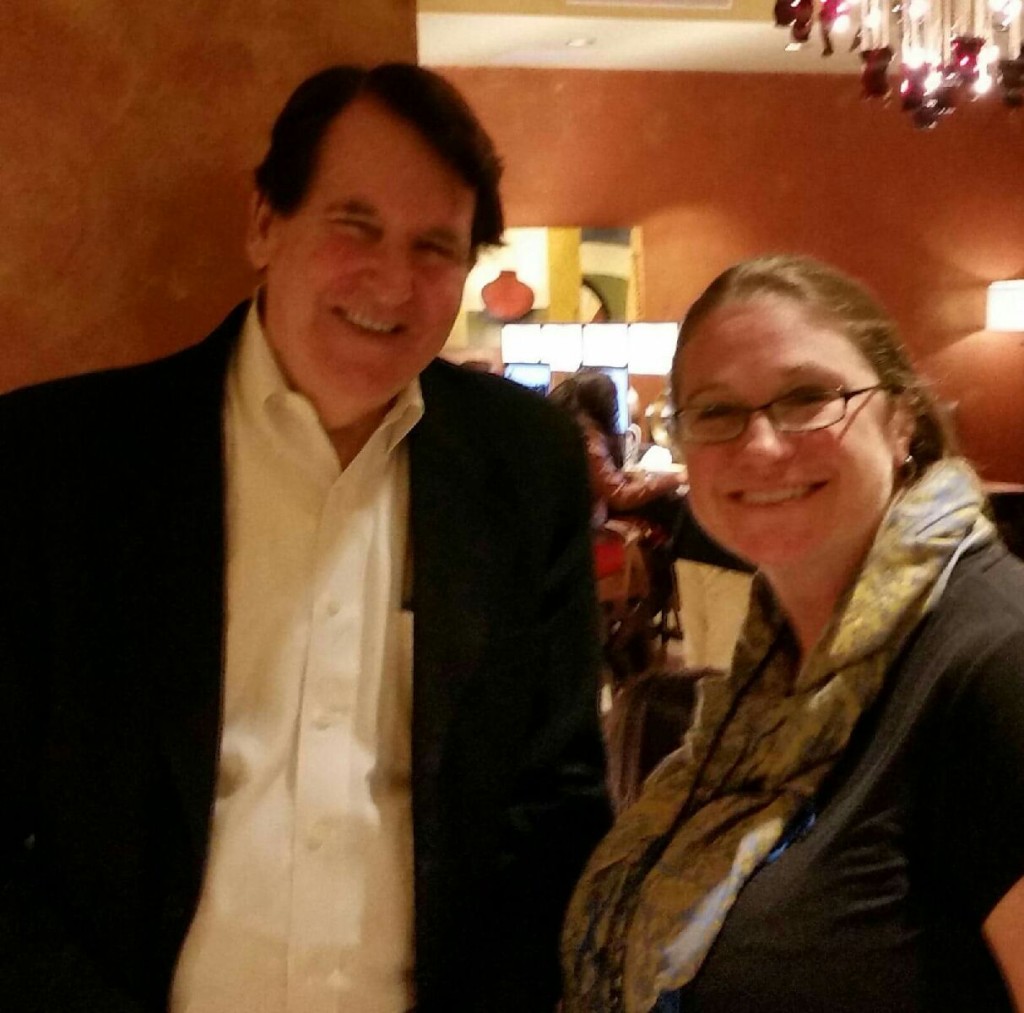
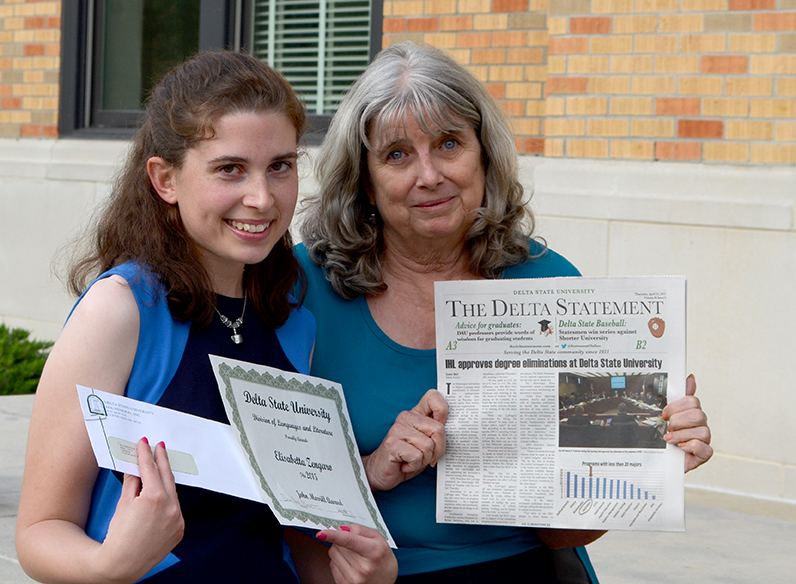
 A multitude of educative, thought-provoking posts, blogs and stories have emerged in the wake of the incidents this week at the University of Missouri that resulted in the resignation of top administrators and a vigorous debate on the First Amendment The insights can aid college and professional media looking to hire more diverse staffs and considering ways to improve news coverage. The New York Times collected varying view points in this discussion.
A multitude of educative, thought-provoking posts, blogs and stories have emerged in the wake of the incidents this week at the University of Missouri that resulted in the resignation of top administrators and a vigorous debate on the First Amendment The insights can aid college and professional media looking to hire more diverse staffs and considering ways to improve news coverage. The New York Times collected varying view points in this discussion.